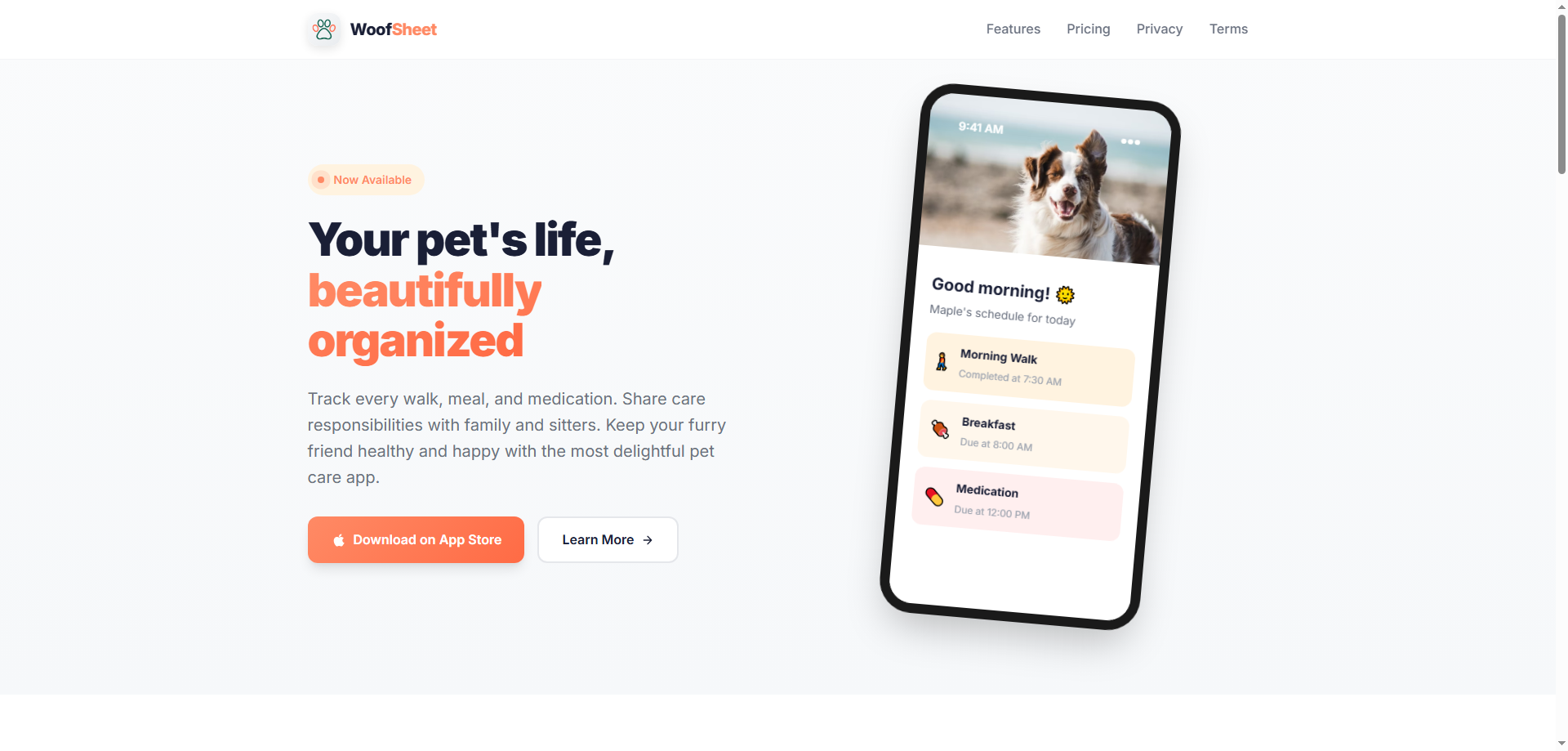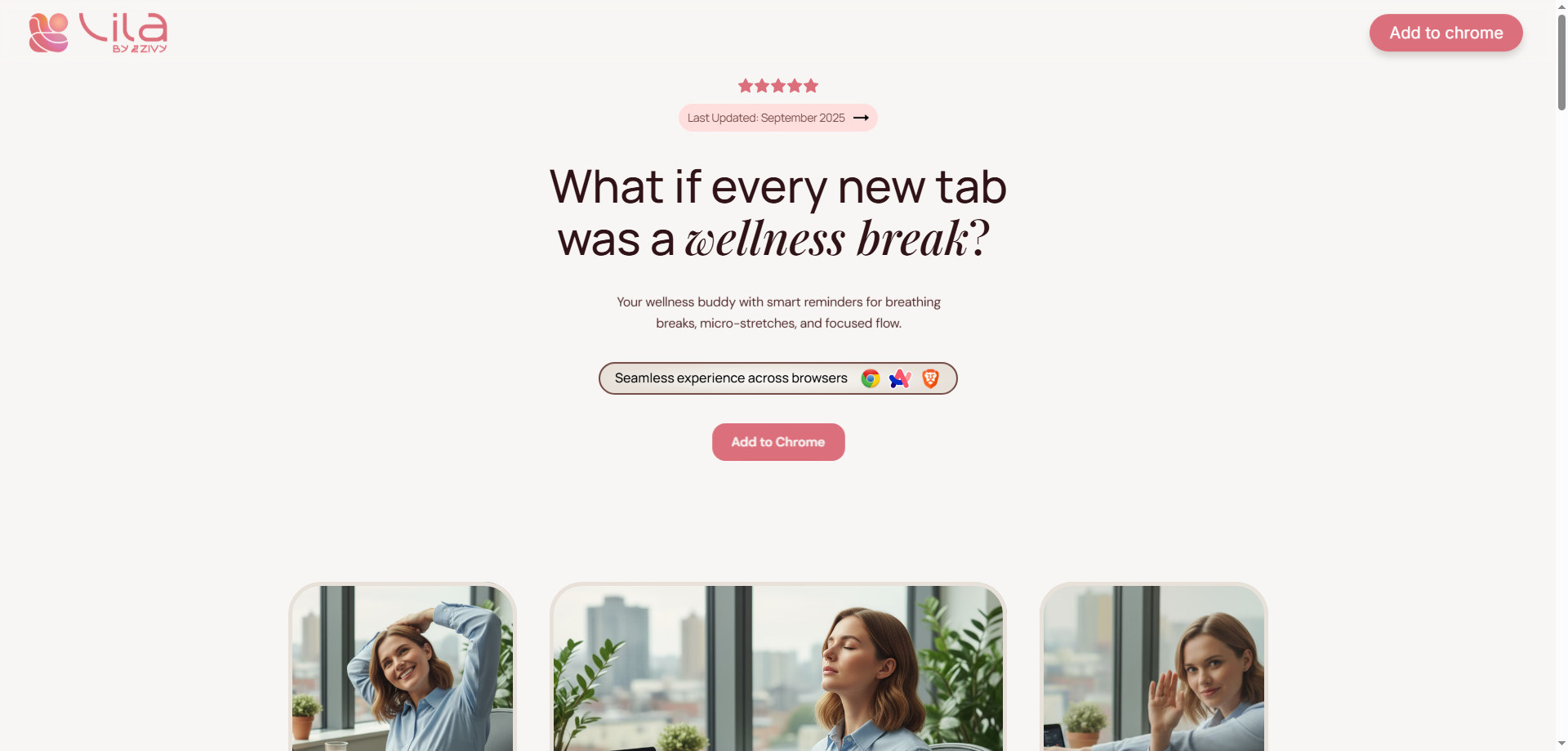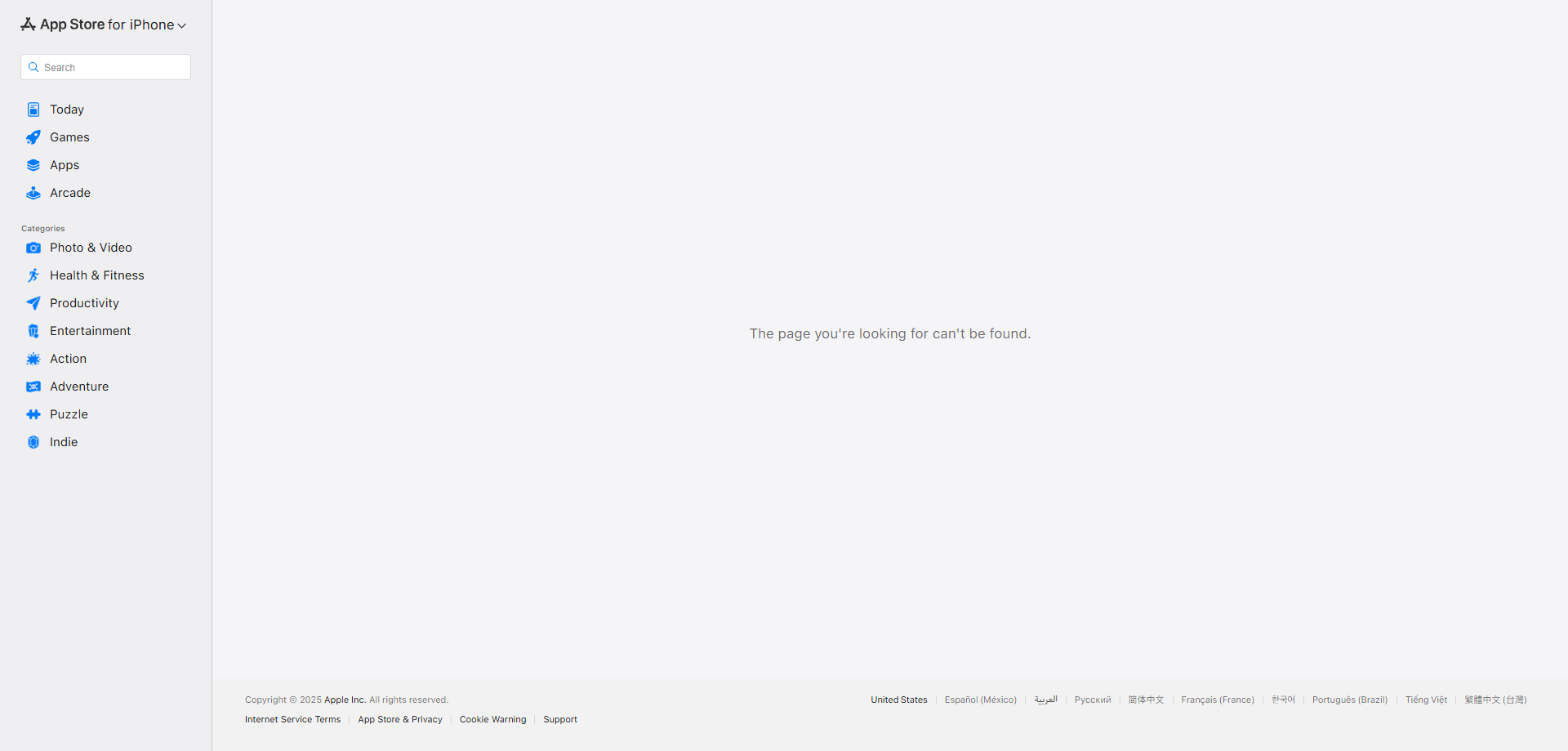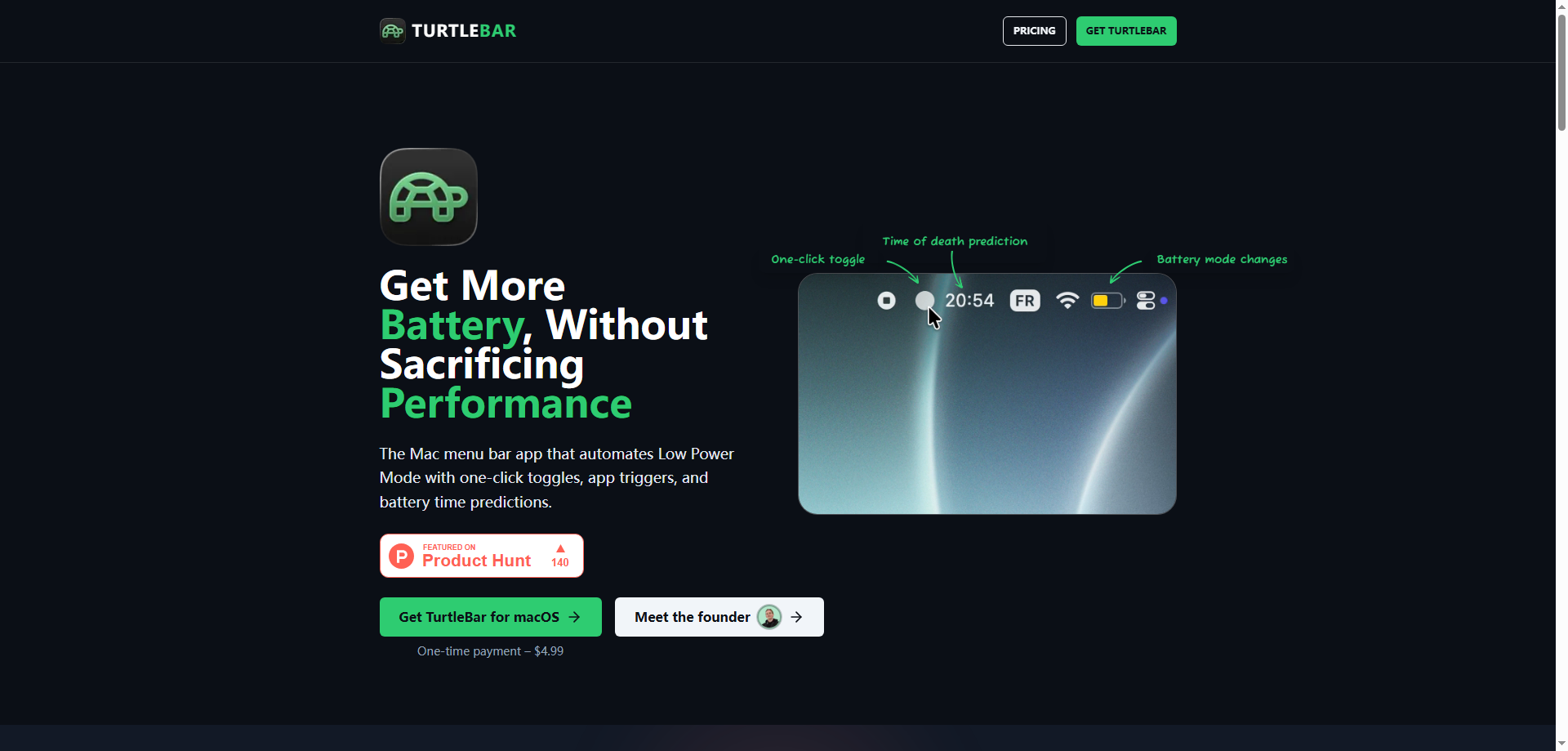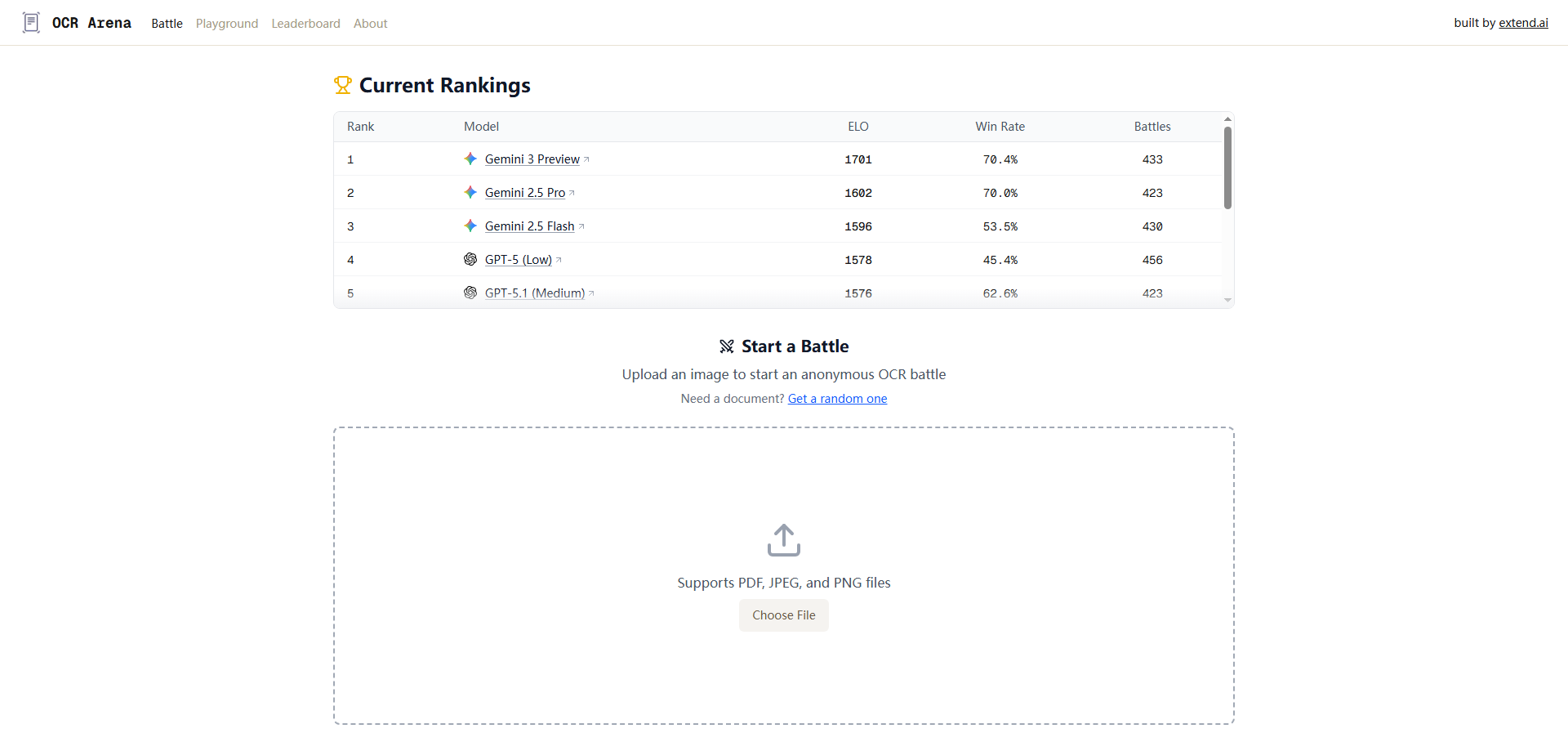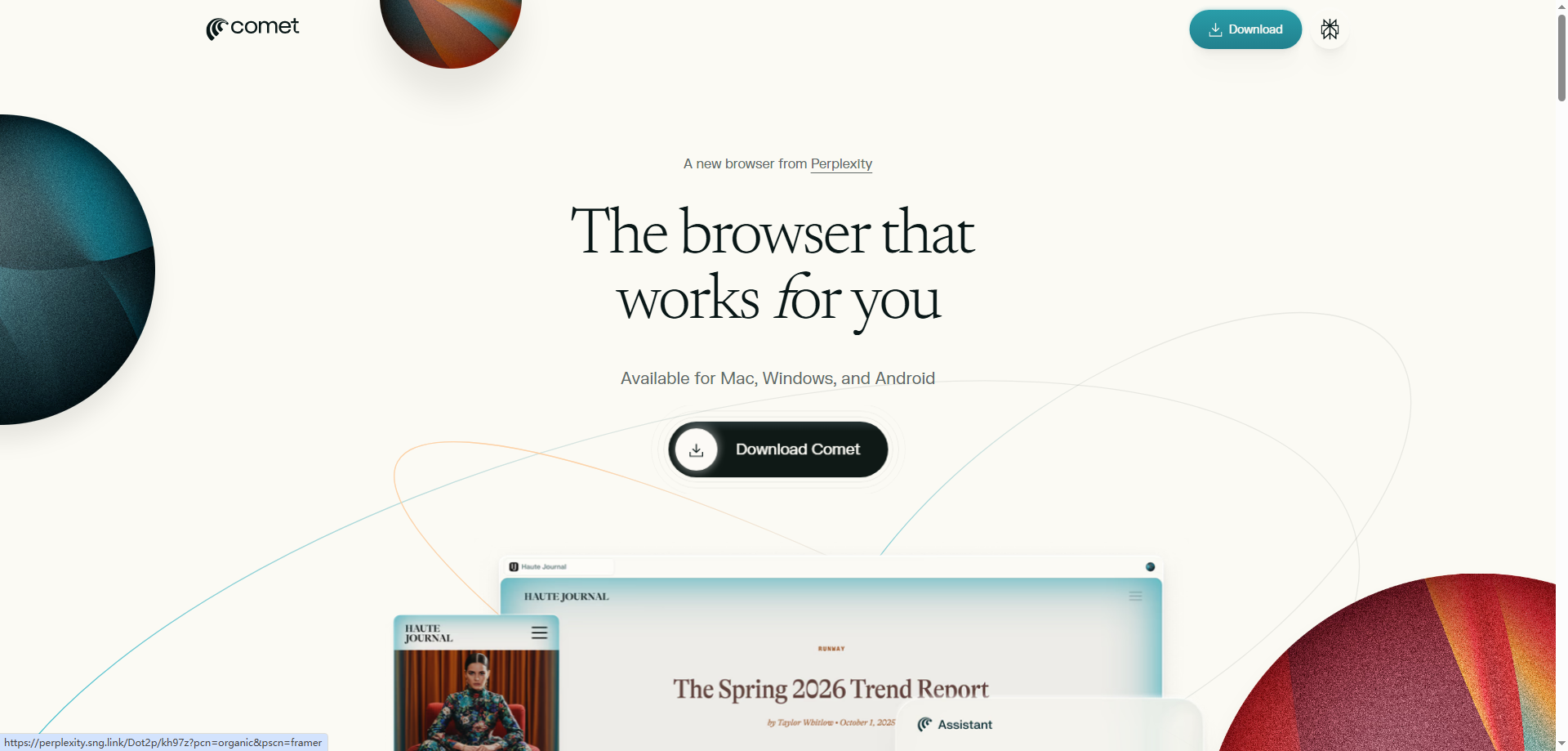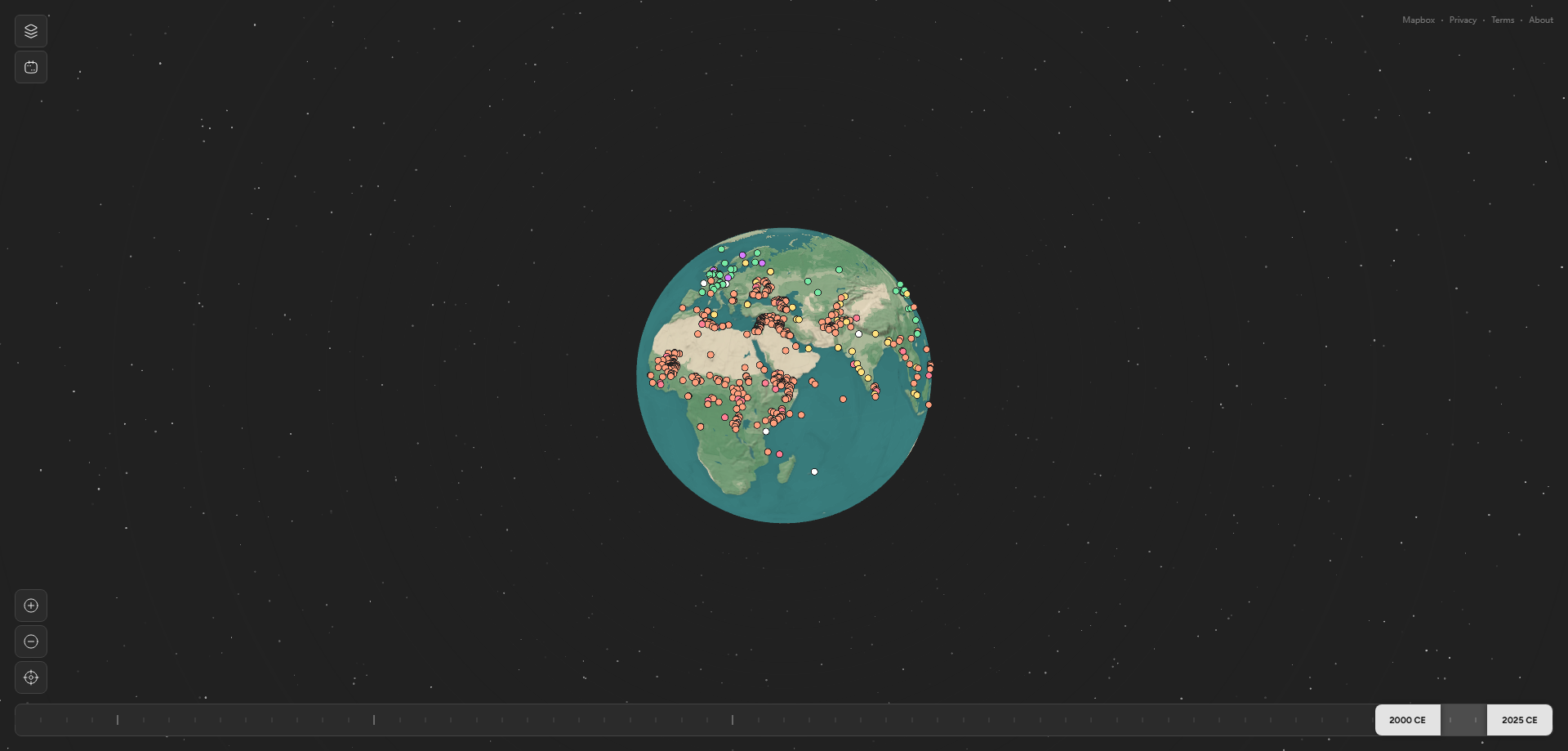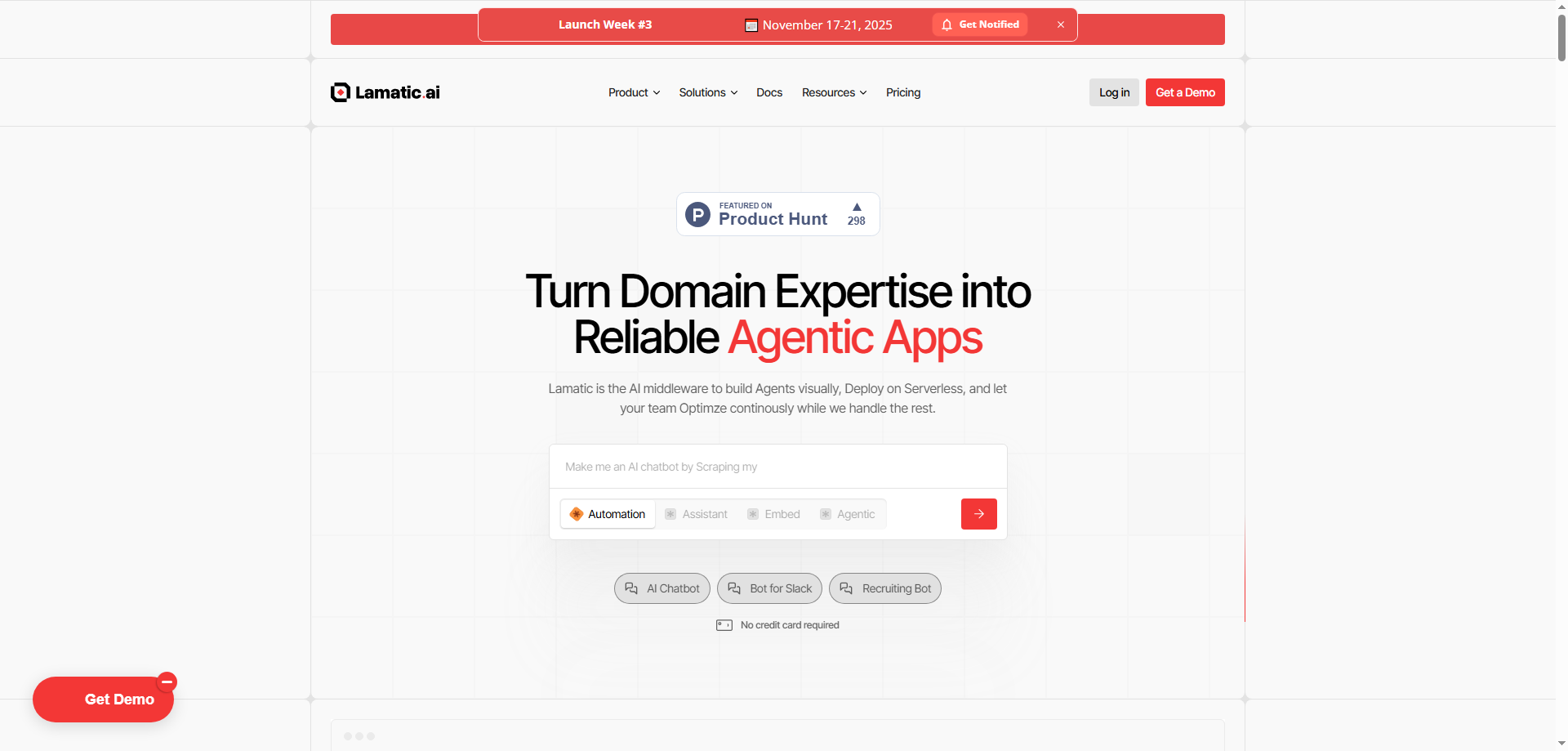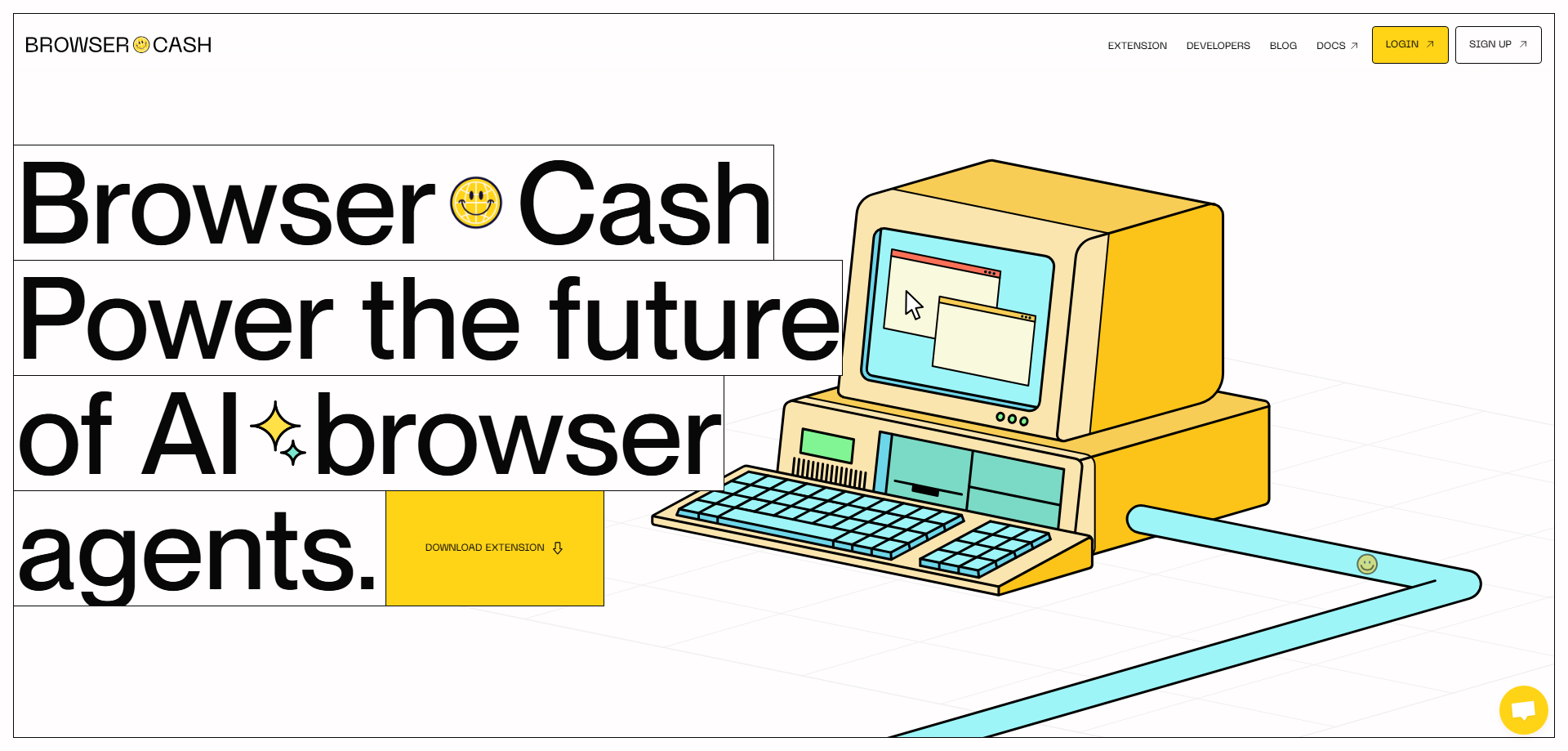The Creative Brilliance: Why WoofSheet's 3D Approach Changes Pet Care
When I first saw WoofSheet, I'll admit I was skeptical. Another pet tracking app? We've got dozens already. But then I saw the Pet Atlas 3D feature, and something clicked. This isn't just another digital notebook for recording when you fed Fido—this is actually trying to solve a real communication problem between pet owners and veterinarians.
The creative genius of WoofSheet lies in understanding a fundamental pain point that most pet tracking apps miss: when your dog is sick or acting weird, explaining the problem to your vet is frustratingly difficult. "He's limping" doesn't tell the vet much. Which leg? What kind of limp? How severe? When did it start? This vague communication leads to longer diagnosis times and sometimes unnecessary tests.
The 3D body atlas is genuinely creative problem-solving. Being able to point on a three-dimensional model and say "this exact spot on the rear left leg has been bothering him for three days, and here's my notes on when it happens" transforms the vet conversation from vague descriptions to precise medical history. That's not just convenient—that could genuinely improve pet healthcare outcomes.
What I find particularly creative is how WoofSheet frames itself: "Dog ownership made simple." Most pet apps position as comprehensive management systems trying to do everything. WoofSheet is positioning on simplicity—tracking, reminders, and the 3D atlas. That's smart creative restraint. Do three things really well rather than fifteen things mediocrely.
The family sync feature shows thoughtful creative design around real household dynamics. Pet care is often distributed across family members. Dad walks the dog in the morning, kids feed it after school, mom gives medications at night. Without coordination, you get missed feedings, double medications, or forgotten vet appointments. WoofSheet's real-time family sync addresses this coordination problem elegantly.
The multi-pet management is creatively inclusive. Many pet owners have multiple dogs (or cats—I noticed one example mentioned cats, suggesting broader potential). Managing health records for multiple pets gets exponentially more complex. WoofSheet's individual profiles for each pet show they understand this scaling challenge.
What concerns me about the creative vision is whether the 3D body atlas is truly comprehensive and intuitive. 3D interfaces can be tricky—they either feel natural and useful, or they feel gimmicky and frustrating. If the 3D atlas is hard to navigate or doesn't cover enough detail, the core differentiation fails. Execution will determine whether this creative idea becomes genuinely valuable or just a novel feature that people don't actually use.
The data analysis feature hints at creative ambition beyond simple tracking. If WoofSheet can actually identify patterns—like "your dog gets stomach issues every time you feed this brand of food"—that's moving from passive recording to active insights. That's genuinely creative value-add that could justify ongoing use.
Overall, the creative vision is solid: simplify pet health management through focused features, with the 3D body atlas as the killer differentiator that improves pet-owner-vet communication. If execution matches vision, it's genuinely innovative in a crowded market.
Can WoofSheet Disrupt Pet Care Management? The Replacement Question
Alright, disruption time. I'm a dog owner, and I currently use a combination of tools: calendar reminders for vet appointments, notes app for health observations, photos for tracking physical changes, and verbal memory for daily routines. Can WoofSheet actually consolidate and replace all of this? Let's be honest about it.
Competing Against Existing Pet Apps:
There are established players in pet management: Puppr, 11Pets, PetDesk, and dozens more. Can WoofSheet disrupt them? The 3D body atlas is the key differentiator. Most pet apps offer tracking features similar to WoofSheet—feeding logs, medication reminders, vet visit records. But none that I know of offer a 3D anatomical mapping system. If this feature proves genuinely useful for vet communications, that's meaningful differentiation that could drive adoption from existing pet app users.
Competing Against Paper Records and Memory:
Many pet owners still use paper records from vets or just try to remember everything. WoofSheet could genuinely disrupt this analog system. Digital is inherently more searchable, shareable, and backed up. The reminder features prevent the forgetfulness that plagues memory-based systems. For pet owners who aren't currently using any app, WoofSheet offers clear advantages over paper and memory.
Competing Against General Productivity Tools:
Some pet owners (like me) use general tools—calendar apps for reminders, note-taking apps for health logs, photo libraries for physical documentation. Can WoofSheet replace these? Only if it's as convenient as these tools while offering pet-specific value. The 3D atlas and data analysis are that pet-specific value. If I can track symptoms spatially and get insights I can't get from general notes, that justifies switching.
The Vet Communication Disruption:
Here's where WoofSheet could be genuinely transformative: if vets start accepting or even requesting WoofSheet reports, that creates network effects. Imagine showing up to the vet with a complete health log including 3D anatomical annotations. That's more valuable than scattered notes. If WoofSheet can become the standard format for owner-reported pet health data, that's serious market position.
The Family Coordination Disruption:
Family group chats currently handle pet care coordination for many households. "Did anyone feed Max yet?" gets asked daily in family WhatsApp groups. WoofSheet could disrupt this by becoming the single source of truth for pet care status. Everyone checks WoofSheet instead of asking each other. That's practical value that could drive sustained usage.
The Multi-Pet Complexity:
For multi-pet households, current solutions are inadequate. You're either juggling multiple apps, multiple paper records, or trying to remember which dog got which medication. WoofSheet's multi-pet management could genuinely disrupt this chaotic situation by providing organized, individual profiles that prevent the common errors (giving the wrong medication to the wrong pet, for example).
Where WoofSheet Can't Disrupt:
Let's be realistic about limitations. WoofSheet won't replace veterinary practice management software. It's consumer-focused, not professional. It also won't replace training apps (like Puppr) or pet social networks (like Instagram for pets). WoofSheet is focused on health management, not training or social features. That's actually smart—trying to do everything would dilute focus.
WoofSheet also won't disrupt for pet owners who genuinely don't track anything and are fine with that. Some people have a casual approach to pet care—they feed when the dog seems hungry, visit the vet when problems arise. WoofSheet is for organized, proactive pet owners. That's a substantial market, but not everyone.
My verdict on disruption: WoofSheet won't replace everything pet-related, but it could genuinely disrupt health tracking specifically through the 3D body atlas differentiation. If they can get traction with vet endorsement and family coordination, they could own the "organized pet health management" niche. That's meaningful disruption even if not total market domination.
Will Dog Owners Actually Use WoofSheet? The Acceptance Reality
Now for the critical question: will actual dog owners download, use, and keep using WoofSheet? The Product Hunt data shows 121 votes with 9 discussions. That's modest—not terrible, but not strong validation either. Let's analyze what determines user acceptance.
The Dog Owner Psychographic:
Dog owners vary enormously. Some treat dogs as family members worthy of medical records and scheduled care. Others are more casual. WoofSheet is clearly targeting the former—organized, health-conscious pet owners. Let me break down acceptance by specific segments:
First-Time Dog Owners: Very high acceptance potential. New dog owners are overwhelmed with responsibilities and desperately seeking guidance and organization. WoofSheet's "dog ownership made simple" positioning speaks directly to this anxiety. If they discover WoofSheet early in ownership, habit formation could drive long-term use. The challenge is reaching these users—they're likely searching for training advice, not tracking apps.
Experienced Dog Owners with Health Issues: High acceptance potential. If your dog has chronic conditions requiring medication management and regular vet visits, WoofSheet's organizational features become essential rather than nice-to-have. The 3D atlas for tracking symptom locations over time is particularly valuable for chronic health management. This segment will pay for quality tools.
Multi-Dog Households: High acceptance potential. Managing health records for multiple dogs is genuinely difficult. WoofSheet directly addresses this complexity. If the multi-pet features work well, this segment could become passionate advocates. Word-of-mouth in multi-dog owner communities could drive growth.
Busy Professional Dog Owners: Moderate to high acceptance. Time-constrained owners need efficiency. Reminders prevent missed medications. Family sync ensures someone handled the dog's needs. Data analysis shows health trends without manual review. But these users are also app-fatigued. WoofSheet needs to prove it saves more time than it requires to maintain.
Casual Dog Owners: Low acceptance. If you're not currently tracking much about your dog's health, WoofSheet won't suddenly make you start. These users won't see the value until a health crisis makes them wish they'd been tracking data. Reactive rather than proactive adoption.
The 3D Atlas Adoption Challenge:
The 3D body atlas is both WoofSheet's biggest differentiator and potentially its biggest adoption challenge. Will users actually use it? 3D interfaces have a learning curve. If the atlas feels complicated or time-consuming, users will skip it and just use the basic tracking features. WoofSheet needs excellent onboarding that shows users exactly why and how to use the 3D atlas effectively.
There's also a question of when you'd use it. For obvious issues—limping, visible lumps, skin problems—the 3D atlas makes sense. But for subtle behavioral changes or internal symptoms, it's less applicable. The atlas can't become a gimmick that users feel obligated to use but don't find helpful.
The Family Sync Value:
This feature could drive strong acceptance in multi-person households. The pain of coordination is real and immediate. If WoofSheet actually prevents the "Did anyone feed the dog?" confusion, that's tangible daily value that builds habit. However, this requires all family members to adopt the app. If only one person uses WoofSheet, the family sync value disappears. Adoption needs to be household-level, not individual-level.
The Reminder Dependency:
Medication and appointment reminders could create strong retention. Once users rely on WoofSheet reminders, abandoning the app becomes risky—you might forget critical medications. This dependency is good for retention but also creates pressure on reliability. If reminders fail or are buggy, trust evaporates quickly.
The Pricing Unknown:
I don't see pricing information. This massively impacts acceptance. Pet owners will pay for pet care—Americans spend $140+ billion annually on pets. But pricing must feel fair. If WoofSheet charges $5-10/month, acceptance will be strong among committed dog owners. If $20+/month, it needs to demonstrate exceptional value. If free with freemium upsells, initial adoption accelerates but monetization becomes challenging.
The Vet Integration Gap:
For maximum acceptance, vets would need to actually use WoofSheet data. If I show my vet carefully logged health data and they dismiss it or can't integrate it into their workflow, the value proposition weakens. WoofSheet needs vet buy-in for full value realization. Without it, it remains a personal organizational tool rather than a healthcare improvement tool.
My take on user acceptance: Strong potential among organized, health-conscious dog owners, especially those with multiple pets or dogs with chronic health issues. Moderate acceptance among busy professionals needing coordination. Low acceptance among casual owners. The 3D atlas will be polarizing—either deeply useful or largely unused depending on how well it's designed and explained.
Survival Rating: 3.5/5 Stars - Promising But Proves Market Needed
Time for honest assessment. Will WoofSheet still exist and be thriving twelve months from now? I'm giving it 3.5 out of 5 stars for survival probability. This is cautiously optimistic—I think they'll survive, but success requires smart execution. Let me explain.
Why 3.5 Stars (Not Higher)?
The Product Hunt traction is concerning. 121 votes is weak for a consumer app targeting a massive market (90 million dog owners in the US alone). Either the marketing was ineffective, the product hasn't found product-market fit yet, or dog owners aren't as desperate for this solution as WoofSheet assumes. Limited early traction doesn't doom products, but it's not encouraging.
The competitive landscape includes free alternatives. Many basic pet tracking apps exist, some free with ads. WoofSheet needs to clearly differentiate and justify any premium pricing. The 3D atlas is that differentiation, but if users don't find it valuable in practice, WoofSheet becomes just another tracking app competing with free alternatives.
The feature scope is focused, which is both good and bad. Good because they can execute well on core features. Bad because it limits market size. Users wanting training features, social networking, or pet supplies integration won't find those here. WoofSheet is purely health tracking. That's a narrower market than comprehensive pet management.
The vet integration challenge is real. Without vets actively encouraging WoofSheet use or integrating with their practice management systems, the "better vet communication" value proposition remains theoretical. Achieving vet adoption requires B2B sales efforts that many consumer app startups struggle with.
The multi-sided adoption challenge (family sync requires family adoption) creates friction. Individual users can't fully realize value unless their household adopts together. This makes viral growth harder—you can't just share with one friend, you need to convert entire households.
Why 3.5 Stars (Not Lower)?
Despite concerns, I'm moderately optimistic. The pet care market is massive and growing. Pet owners increasingly view pets as family members deserving quality healthcare. Spending on pet health is rising. WoofSheet is riding positive macro trends.
The 3D body atlas is genuinely differentiated. I haven't seen this in other pet apps. If it proves useful in practice, that's a real moat. It's hard to copy well—requires 3D modeling, anatomical knowledge, intuitive UI design. That gives WoofSheet some defensibility.
The focus on simplicity is smart positioning. Many pet apps are overwhelming with features. "Dog ownership made simple" with just tracking, reminders, and 3D atlas is appealingly straightforward. Sometimes doing less but better wins.
The multi-pet market segment is underserved and willing to pay. People with multiple dogs face real management complexity. If WoofSheet becomes the standard tool for multi-dog households, that's a loyal, high-value customer base.
The family coordination value is tangible and immediate. This isn't theoretical future benefit—it solves a daily frustration. Features that deliver instant value drive retention better than features promising long-term benefits.
Critical Survival Risks:
-
Low user adoption: If downloads remain weak, revenue can't cover development costs. Small user base also limits feedback for improvement.
-
3D atlas underuse: If users find the defining feature too complicated or not valuable, differentiation disappears.
-
Free competitor emergence: A well-funded competitor offering similar features free with ads could undercut pricing.
-
Vet resistance: If veterinarians don't value or integrate WoofSheet data, the healthcare improvement narrative fails.
-
Retention challenges: Users might download during pet crisis then abandon once crisis resolves, leading to high churn.
Major Survival Opportunities:
-
Vet partnerships: If WoofSheet can partner with vet clinic chains (like Banfield, VCA) for integrated records, that's massive validation and distribution.
-
Pet insurance integration: Insurance companies might partner with or subsidize WoofSheet to improve health tracking and potentially reduce claims.
-
Chronic condition focus: Marketing specifically to owners of dogs with conditions like diabetes, epilepsy, or arthritis could capture high-value users who desperately need tracking.
-
Multi-pet household dominance: Own the multi-dog segment through superior organization features, then expand from that base.
-
International expansion: Pet ownership is global. If US traction proves model, international markets offer massive growth potential.
What Would Increase My Rating:
I'd bump to 4+ stars if I see:
- 50,000+ downloads within 6 months
- Strong user reviews specifically praising the 3D atlas as valuable
- Announced vet partnerships or insurance integrations
- Clear evidence of strong retention (users active 3+ months later)
- User testimonials about improved pet health outcomes
- Sustainable monetization model with demonstrated paying customers
My Honest Prediction:
I think WoofSheet will survive the next twelve months, but probably as a modest success rather than breakout hit. Most likely scenario: they build a loyal niche following among organized, multi-dog owners and those with chronically ill pets. This provides sustainable revenue (maybe a few thousand paying users) that supports continued development but doesn't justify venture-scale ambitions.
Best case: They achieve vet partnerships that validate the approach, user testimonials spread organically among dog owner communities, and they become the standard tool for organized pet care. That's a solid, sustainable business even if not unicorn-scale.
Moderate case: Steady modest growth, loyal user base in the hundreds to low thousands, product remains available and maintained but doesn't achieve breakout traction. Becomes a respected tool in the pet care space without dominating it.
Worst case: User adoption remains weak, inability to monetize sufficiently, the team's resources get exhausted, product gets abandoned or acquired for pennies. The 3D atlas proves more gimmicky than useful in practice, differentiation fails.
The 3.5-star rating reflects genuine potential tempered by real challenges. WoofSheet has a solid value proposition and real differentiation, but execution and market adoption will determine whether it thrives or just survives.
Final Thoughts: What WoofSheet Needs to Win
Look, as a dog owner, I'm genuinely interested in WoofSheet. The 3D body atlas addresses a real frustration I've experienced—trying to explain my dog's symptoms to vets. The family coordination solves arguments in my household about whether the dog's been fed. The problems WoofSheet addresses are real.
But my 3.5-star rating reflects realistic assessment of the challenging path from useful idea to sustainable business. The pet app graveyard is littered with good intentions that couldn't achieve sufficient adoption or monetization.
If you're a dog owner, especially if you have multiple dogs or a dog with health issues, I'd say try WoofSheet. The reminders alone might justify the download, and if the 3D atlas proves useful, that's bonus value. Just don't migrate all your records until you're confident it meets your needs.
If you're the WoofSheet team, here's what I think you need to focus on:
Nail the 3D atlas onboarding. This is your differentiator. Users need to immediately understand why and how to use it. Create tutorial videos showing real scenarios where the atlas improved vet diagnosis. Make success stories central to your marketing.
Target the multi-dog segment aggressively. This is your most natural market. They have the most pain and are most willing to pay. Marketing specifically to multi-dog owners could build your core passionate user base.
Pursue vet partnerships relentlessly. Even if just a few veterinary clinics publicly endorse WoofSheet, that validates the entire value proposition. Offer free accounts to vets, create export formats they can easily integrate, make their lives easier.
Build community. Dog owners love talking about their dogs. A community where users share how they use WoofSheet, particularly the 3D atlas for specific conditions, creates network effects and retention.
Be transparent about pricing. If you're going to charge, be upfront. Pet owners will pay for value. Don't hide behind freemium models if you need revenue. Just prove the value justifies the price.
My 3.5 stars means I think WoofSheet has better than 50/50 odds of surviving and becoming a respected tool in pet health management. Not guaranteed, not easy, but possible with smart execution. The foundation is solid—now it's about finding the right users, proving value, and building sustainable growth. I'm watching with genuine interest to see how this develops over the coming year.
